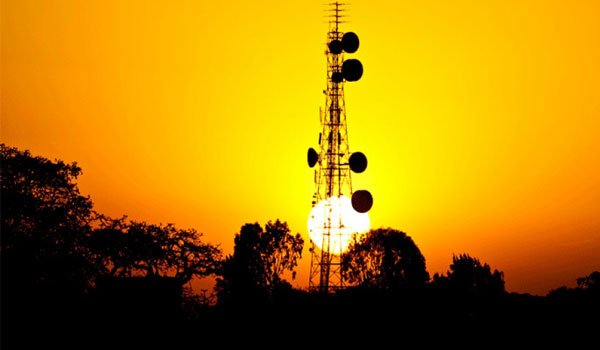This decision has been taken by the government following representations made by Advisor to the Ministry of National Policy and Economic Affairs R. Paskaralingam recently.
Justifying his claim, Mr. Paskaralingam said that Japan has agreed to provide a sum of Rs.2.5 billion for the project implementation as loan on extremely favourable terms and conditions for Sri Lanka.
The TV digitalization deal between Sri Lanka and Japan came under wide criticism and accusation of corruption and commission taking when the previous government entered into a loan agreement with the Japan International Cooperation Agency (JICA) in September 2014.
The present government has suspended the project as the Japanese system is not widely used in countries worldwide and Sri Lanka will have to import Japanese television sets as it is very unlikely that the TV sets available in the Lankan market are compatible with the Japanese system.
Under this deal Japanese companies stand to gain much through sales and maintenance contracts and the Rajapaksa regime has planned get massive commissions from Japanese TV imports at that time, several heads private television broadcasters said.
The previous government has been accused for massive corruption involving the potential conversion of the television Industry into digital system via this agreement with Japan and the present government took measures to halt the deal.
The immediate u-turn of the government is surprising a former head of engineering of a TV channel told the Business Times adding that a subcommittee comprising several engineers and TV industry veteran the late Dr D B Nihalsingha has recommended that Sri Lanka adopt the European originated DVB-T2 (Digital Video Broadcasting – Second Generation) as the standard for digital terrestrial television broadcasting in 2010.
Digital TV broadcasting offers many advantages over analogue systems for end-users, operators and regulators. Apart from increasing the number of programmes and quality of pictures, digital systems can provide new innovative services, such as interactive TV, electronic programme guides and mobile TV as well as transmit image and sound in high-definition (HDTV) and ultra-high definition (UHDTV).
Digital TV requires less energy to ensure the same coverage as for analogue while decreasing overall costs of transmission.
The more efficient use of radio spectrum brought on by digital TV also allows for the so-called digital dividend resulting from the freeing up of much-needed spectrum for use by other services, such as mobile broadband, he added.






